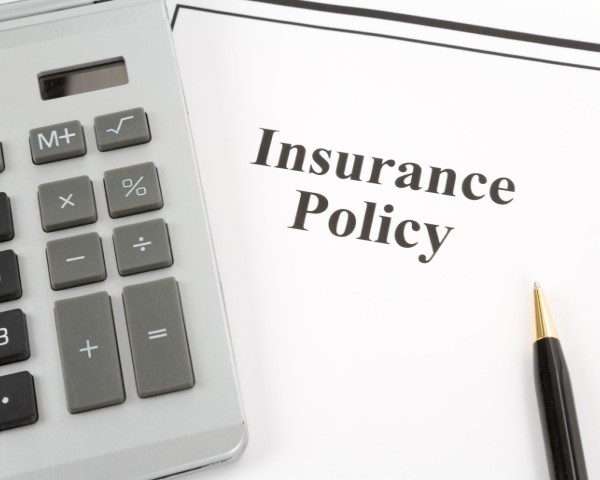
Business Interruption Insurance
According to the Federal Emergency Management Agency (FEMA), nearly a quarter of businesses cease operations following a disaster. For many, the inability to generate revenues even for a short period of time after a fire, storm, or other catastrophe, is too much to overcome, forcing unprepared businesses to close shop. That’s where business interruption insurance can play a critical role in disaster preparedness for small businesses.
Most businesses have commercial property coverage that pays for physical damages or losses to the business. But it won’t cover the lost net income suffered by a business that can’t operate during its recovery. Business interruption insurance will cover expenses that a business still has to pay, such as rent, employee wages, taxes, and loan payments. It can also reimburse businesses for lost profits.
However, business interruption insurance typically doesn’t cover damages or losses due to earthquakes, flooding, or mudslides. There are also exclusions for losses unrelated to property damage that might arise from viral outbreaks or pandemics. However, federal and state legislation introduced during the COVID outbreak provided temporary business interruption coverage for affected businesses.
If civil authority coverage is included in the policy, businesses may make claims if they are prevented from operating temporarily due to forced closure by state, local, or federal government authorities due to structural damage to nearby buildings.
Most policies will cover business expenses for up to 30 days, though that can be extended for up to 360 days with a rider.
Business interruption insurance is not sold separately. Rather, it is typically offered as a rider to a commercial property policy. Small businesses can obtain coverage by purchasing a business owner’s policy (BOP), which includes general liability, commercial property, and business interruption coverage.
The cost of business interruption coverage can vary based on a number of factors, including the type of business or industry, the number of employees, and the amount of coverage. Businesses located in high-risk areas prone to natural disasters, such as wildfires or tornadoes, may pay higher premiums. Premium payments for business interruption insurance are a tax-deductible business expense.

 How AI Can Help Your Business
How AI Can Help Your Business